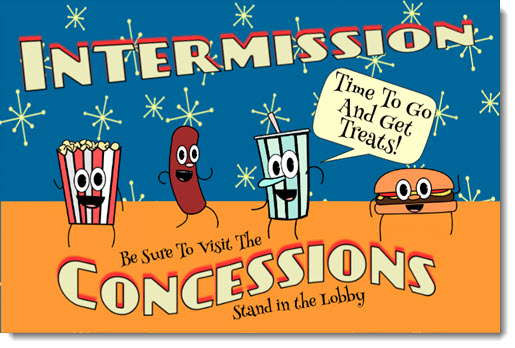by James Scott Bell
@jamesscottbell
There were two ad campaigns in the last twenty years I truly loved.
The first was the “I’m a Mac and I’m a PC” spots. They featured Justin Long as the “cool guy” who was the Mac, and John Hodgman as the stuffy PC guy. Mac sales zoomed after this. Microsoft’s answer was to roll out Vista. We know how that went.
You can watch all the ads here.
The other campaign was “The Most Interesting Man in the World” for Dos Equis.
A typical spot featured “vintage film” of the man in various pursuits, while a narrator recites a few facts about him, such as:
- In a past life he was himself.
- If opportunity knocks and he’s not home, opportunity waits.
- He once had an awkward moment, just to see how it feels.
- The police often question him, just because they find him interesting.
- When in Rome, they do as he does.
The commercials finish with the man sitting in a bar surrounded by beautiful people. He looks into the camera and, with a slight Spanish accent, says, “I don’t always drink beer, but when I do I prefer Dos Equis…Stay thirsty, my friends.”
In both your fiction and your “author presence” on social media and email marketing, dullness is the kiss of death.
Fiction
I’m going to suggest that “interesting” in fiction is a category unto itself so it doesn’t get lost amongst all the other craft studies we do around here. Think of it as an added spice, a little extra that draws a reader further in. Specifically, it’s tied to what characters do.
Stephen King, in On Writing, says readers love learning about work, the details of a character’s vocation. You can start with what you know. My courtroom background allows me to show the ins and outs of trials, criminal procedure, search and seizure law, plea bargains and the like. But I also like to learn about other work (via research, interviews, etc.) and render it on the page. Yes, it’s an effort, but it pays off. If I’m interested and can convey that on the page, the readers will be interested, too.
A particular skill the character has can also be of interest, especially if it helps said character at a crucial moment. I love that device in the Ron Howard movie Willow. The hero of the story, little Willow Ufgood, is an amateur magician who, early on, does his “disappearing pig trick.” It goes comically wrong as the piglet squeals out from under the stage. But in the climactic battle with the evil Bavmorda, Willow performs the trick to save the baby Elora from her clutches.
Give us those kinds of details and the fictive dream will be all the richer.
Author Presence
Of course, we all have to present ourselves to the digital world now. And at each stage—from websites to blogs to podcasts, newsletters and emails—we need to find ways to hold readers’ interest because they are inundated with content competing for attention.
So…be interesting. Don’t just give us thinly veiled iterations of “Hey, my new book is out! I’m excited about it, and I think you will be, too!”
I have a newsletter on Substack that is purely for entertainment but also provides information I think many readers will find interesting. Our own Terry Odell offers travel and other nuggets on her Substack.
A little humor always helps. Dean Koontz’s newsletter always has a little fun before giving his soft-sell pitch. Here’s how one began:
Dear Readers,
I’m thinking of making a career change, taking on something that’s intellectually challenging like miniature golf or hot-dog-eating contests. I don’t know what it is, but I feel as if life is passing me by, as if I have less time remaining than I did when I was 20, which makes no sense. Maybe it’s the mid-life crisis I never had, coming on me later than it does with most men. That would make sense, because I held on to infancy until I was 25.
A personal story rendered in singular style is also gold. Our Reavis Wortham specializes in such tales. (I can’t help thinking of “most interesting man in the world” squibs for Rev, e.g. “His moustache has its own zip code”…”Stetsons line up to audition for his head.”)
Stay interesting, my friends.
Do you give details of work/vocation in your fiction? Have you gone beyond your knowledge base to find out about a particular line of work?
In your social media and newsletter, what do you do to keep things interesting?










 Con artists, scammers, and fraudsters are among bad guys and bad gals featured in
Con artists, scammers, and fraudsters are among bad guys and bad gals featured in 




 All summer in New England, the heat and humidity has been brutal. There’s a big difference between 90 degrees in dry heat and 90 with humidity so high the heat index rises to triple digits, the air so soupy and thick, even people without breathing problems still struggle to breathe.
All summer in New England, the heat and humidity has been brutal. There’s a big difference between 90 degrees in dry heat and 90 with humidity so high the heat index rises to triple digits, the air so soupy and thick, even people without breathing problems still struggle to breathe.
